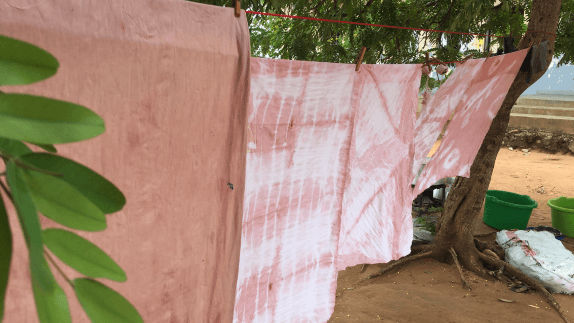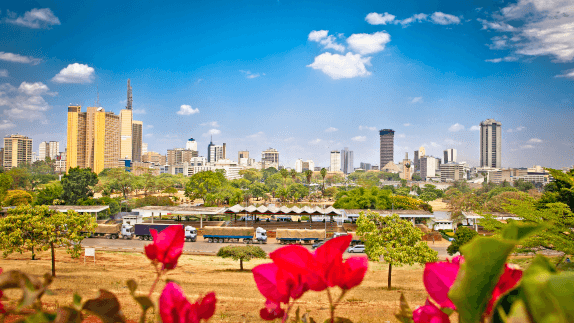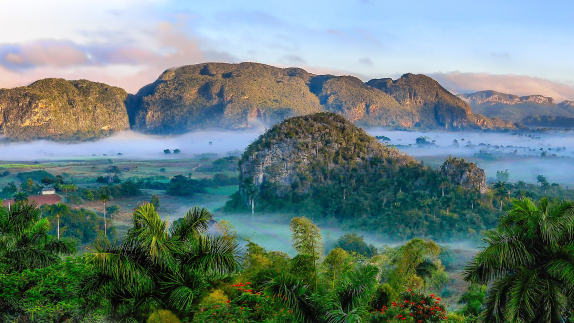This page is part of Circular Economy in Africa: Examples and Opportunities, a collection of insights exploring key questions on accelerating the circular economycircular economyA systems solution framework that tackles global challenges like climate change, biodiversity loss, waste, and pollution. It is based on three principles, driven by design: eliminate waste and pollution, circulate products and materials (at their highest value), and regenerate nature. across the continent.
Policies that support the circular economy
The adoption and implementation of policies that can accelerate the transition to a circular economy are still in their early stages in African countries but momentum is growing.
Policymakers are increasingly recognising that the circular economy can help to deliver on broader environmental, economic, and job creation objectives alongside meeting a wide range of the Sustainable Development Goals (SDGs).
As a result, the integration of the circular economy into policy developments at the local, national, and intergovernmental levels is underway. Political leadership that can set a clear pathway will be crucial to accelerate the transition.


This article gives an overview of the current state of play for circular economy policy in Africa at national, city, and regional level. It also touches upon the need for comprehensive circular economy policy strategies, including ones to support post-pandemic economic recoveries, the importance of participatory, multi-stakeholder policymaking, and the crucial role of trade policies.

Ellen MacArthur Foundation

ICLEI Africa

Chatham House

University of Lagos













